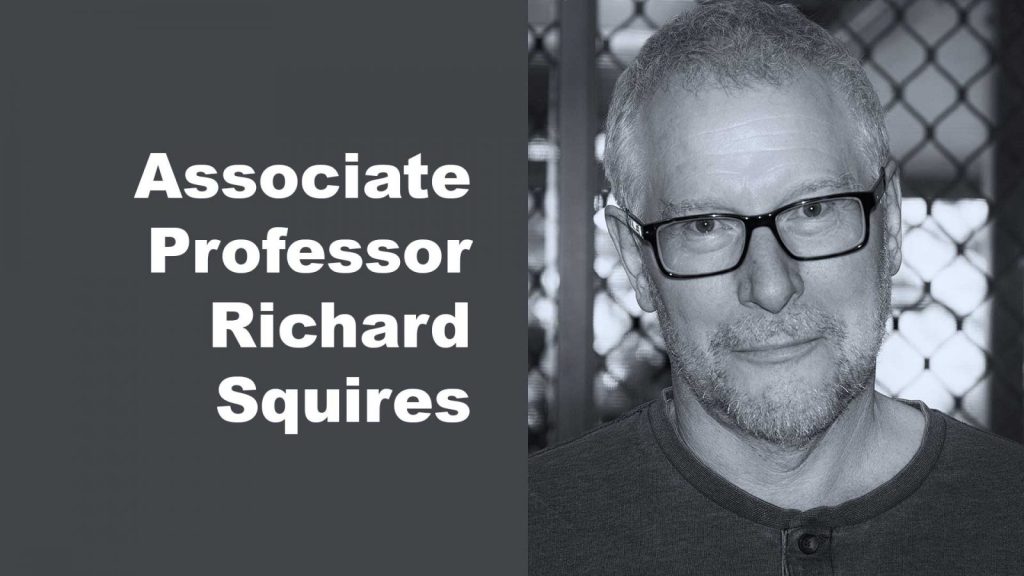Richard Squires
Associate Professor in Companion Animal Medicine, James Cook University, Townsville, North Queensland, Australia.

Associate Professor Richard Squires
Could you tell us a little about your day job?
I teach at James Cook University’s relatively young veterinary school, in Townsville, north Queensland. I teach canine and feline internal medicine and some practical vaccinology.
How did you first become involved with the WSAVA Vaccination Guidelines Group?
My interest in companion animal vaccination practices began around 1997, in Wisconsin, USA, through conversations with Professor Ron Schultz. In 1999, while working in New Zealand, I helped the New Zealand Veterinary Association develop its own vaccination guidelines. Shortly afterwards, one of my graduate students did a research project on the duration of vaccine-induced immunity in Auckland and presented her findings at the British Small Animal Veterinary Association (BSAVA) congress. I also spoke at BSAVA about vaccination practices and, as a consequence of these activities and others, I was invited by Professor Michael Day to join the VGG and was absolutely delighted to accept.
What does the role involve and what is your most recent project?
One of our most important projects is the peer-reviewed WSAVA Vaccination Guidelines which we wrote and now update regularly every 5 years or so. They are intended to be helpful to veterinarians in all WSAVA member associations.
In addition – in normal times – we travel to different parts of the world on fact-finding missions, to meet with veterinarians in academia, industry, government and in their clinical practices. So far, we have visited countries in Asia and Latin America. On the basis of what we learn, we author peer-reviewed papers intended to help veterinarians in these regions with their vaccination-related understanding and decision-making.
What do you find rewarding about working with the Vaccination Guidelines Group?
I thoroughly enjoy working with the other Group members and especially appreciate the opportunity to work on such a practical topic. Vaccination is such a large and important part of companion animal primary practice. I tell my students that if they apply themselves and learn deeply about vaccination practices, they will find their future jobs far more interesting and richly rewarding.
What is most challenging?
To be honest, I have enjoyed every minute. Given where I live, some of the travel is long-distance but I seem to be able to sleep quite well on planes.
Tell us something about you which may surprise us
My Aussie colleagues call me ‘the snake wrangler’ because I live out in the countryside and have had to remove more pythons from my roof space and my chicken dormitory than most of them have seen in their whole lives. They include a 3-metre-long glossy green beauty that came up from the river to try to eat my chickens. It oozed through my grip and bit me on the hand – but most of them are placid and exquisitely beautiful.

